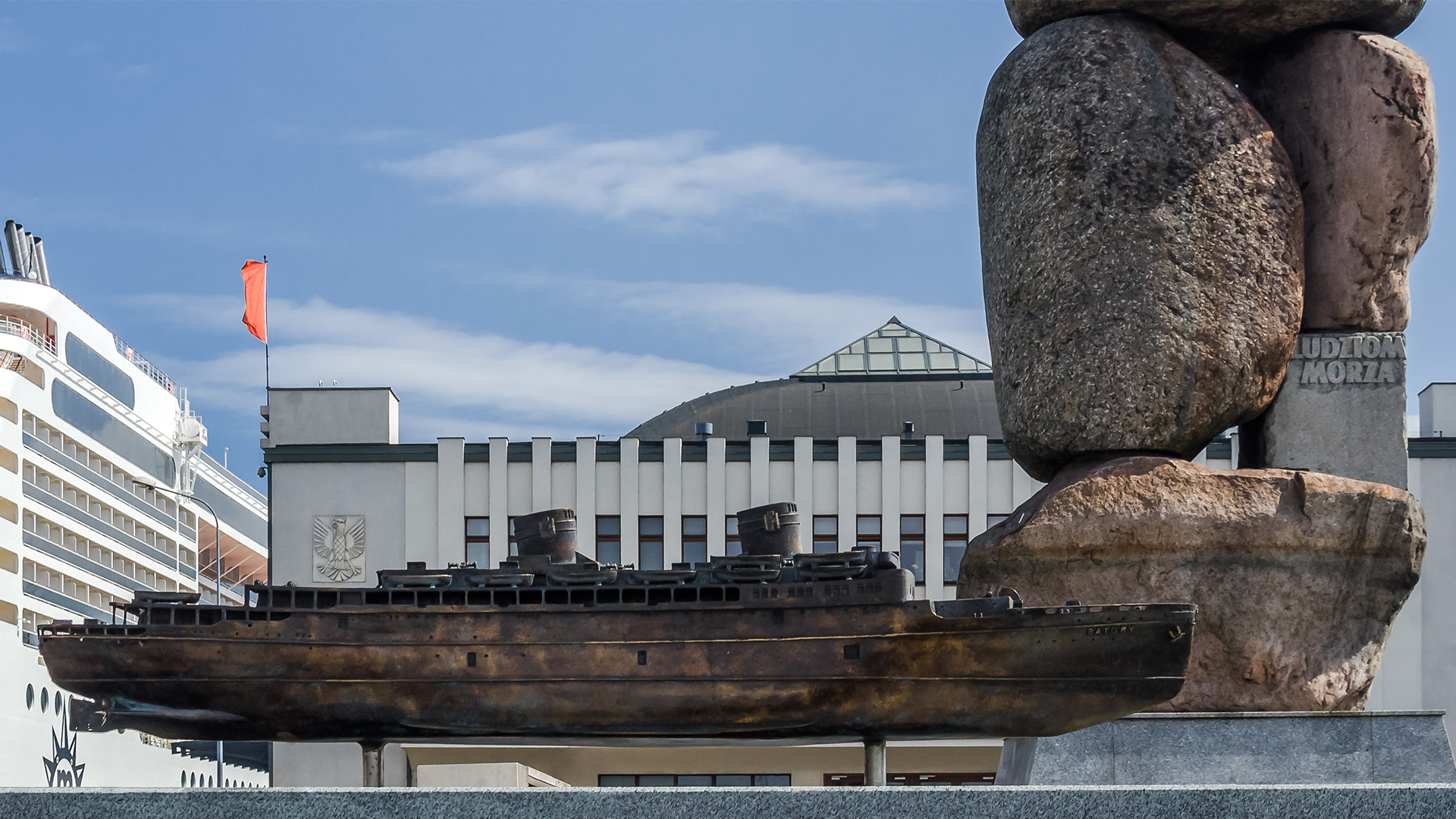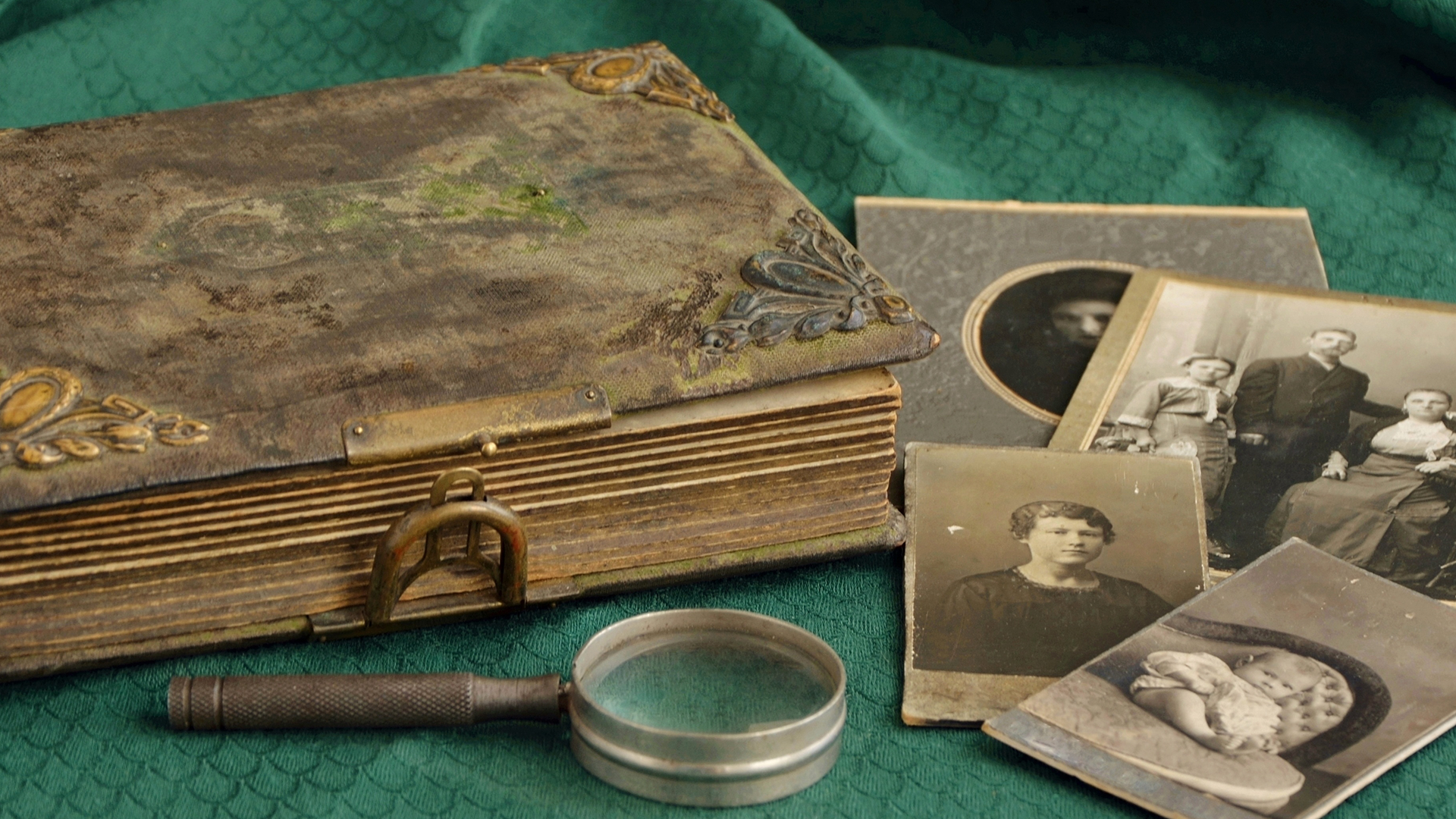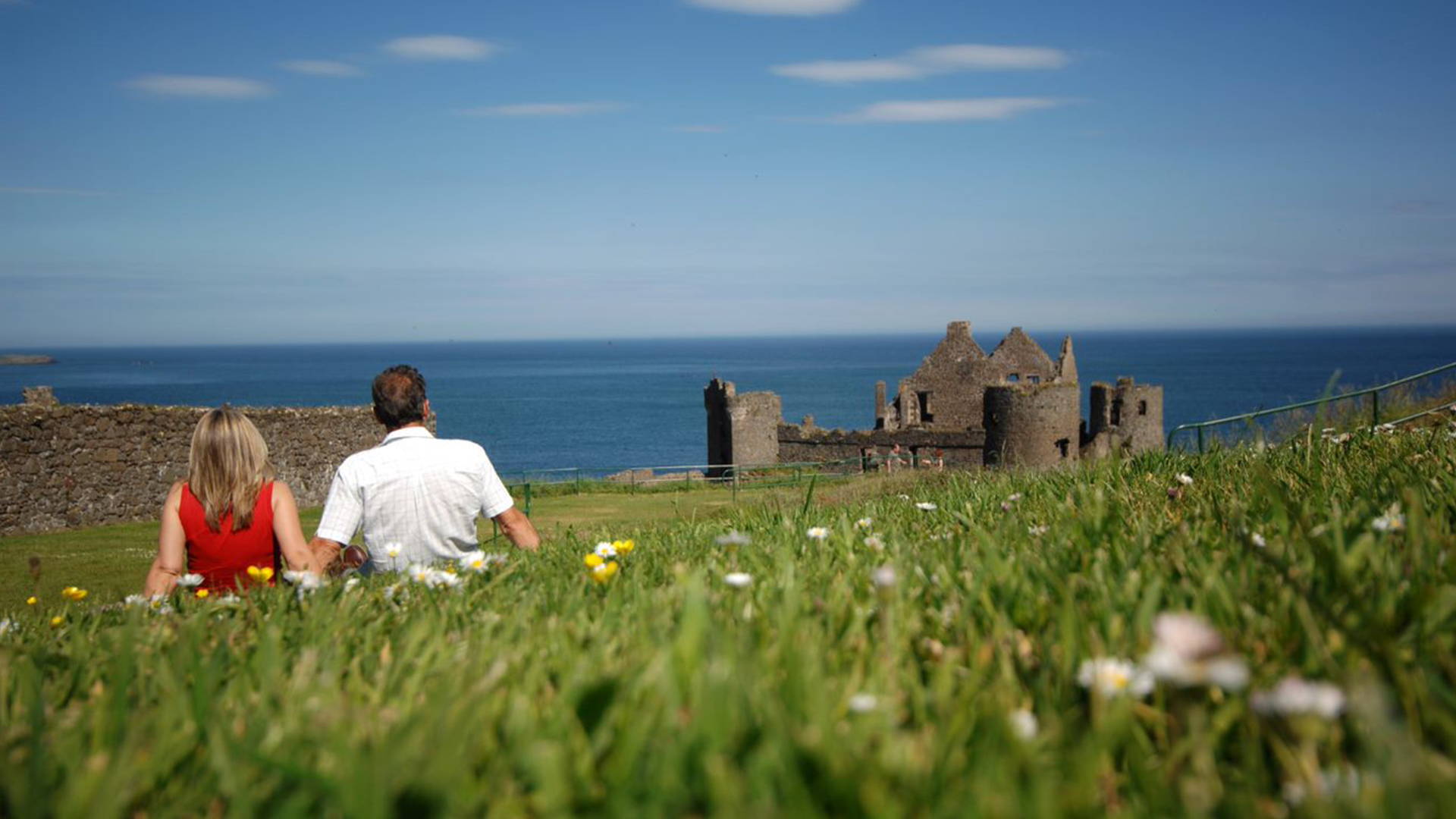Have you ever flipped through old family records, perhaps a book of photographs, or a diary your forebearers left behind? Has the history of your family ever piqued your interest? Perhaps a cousin or aunt has traced your family roots back several generations so that you can see the names and dates of birth of the people from whom you have descended. If you answered yes to any of these questions, or if what you just read made you curious about your background, keep reading to learn how a visit to Europe just might unlock a great deal of your family history and give you a glimpse of the lives of the people who carried your name before you.

Like many people all around the world, if you traced your roots back a few generations, in all likelihood you would find a great-grandmother or great-great-grandfather who was born somewhere on the continent of Europe. For several decades between the end of the 19th century and the beginning of the 20th, Europeans in great numbers left their homes behind and emigrated to new places—America, Canada, Brazil, Argentina, Australia and New Zealand, to name a few. When they disembarked their ships in a new land, they often had a chance to restart their lives, to create businesses, invent things, build families. In little time, and as immigrants typically do, these new residents made massive contributions to their new countries, becoming leaders in business, science, education, art, medicine, and much more. Several generations later, the sons and daughters of these immigrations—i.e. you and your family members!—are now continuing their legacy.

Perhaps, however, the time has come for you to explore the land where your ancestors originated. Perhaps they came from Poland. Perhaps Ireland, or England, Germany, Italy, Sweden or Norway. Wherever it may be, there is nothing quite like taking a trip to the country of your roots to learn about the land, customs, food, and history, which are intrinsic parts of who you are and who your children and grandchildren will one day be. Before discovering more about your family’s past, it helps to do some digging online to gather as much information as possible. Websites like Ancestry.com or Newspapers.com provide extensive and excellent resources for tracking down the routes and paths your family took before arriving at the country you now call home. With simple date points like the names and dates of birth of your parents and grandparents, you will be shocked at how much information you will find, much of it crowd-sourced by other branches of your family who you may never have met.

Once you have a family tree in place, the next step is planning the visit! At the moment, making firm plans to travel to Europe might not be the wisest of moves. But when the time comes, this continent will welcome you to its shores as you dig for familiar connections. That does not mean, however, that you can’t make plans for where you will go and what you will do when you come to explore your family roots. In fact, this is an excellent task to do while we are all social distancing and staying at home. A great way to start, once you know the countries and regions where your family once lived, is to research the historical things you want to discover. Say the country where your ancestors came from was Ireland—perhaps you would want to research the history of the Irish struggle for independence or the food and drink your forebearers would have eaten or drunk before they emigrated. Another excellent idea is to plan a visit to city or county archive, like the Public Record Office of Northern Ireland in Belfast. These archives often contain all sorts of familial records going back generations.

Got German roots? Visit Delmenhorst, Oldenburg and Cloppenburg to experience an open-air museum that will give you a sense of the life of a peasant and perhaps some of the reasons people wanted to emigrate. In fact, all across Germany, you can find plaques and museums that commemorate German immigrants who have made a mark on the world. Consider Buttenheim, the home of the Levi Strauss museum or Schiefweg to learn about Emerenz Meier, a courageous woman who left for Chicago. Does Polish blood run through your veins? Perhaps it’s time for a visit to Emigration Museum in the seaside city of Gdynia, which also has a thriving food and coffee scene. The Polin Museum in Warsaw is also an excellent way to connect with the past in an interactive and in-depth way. Finally, you may also want to visit the old ports where ships for the new world set sail. A great place to start is Rotterdam, where the beautiful building that once held the Holland-Amerika Line offices still stands.
When you discover the place where your family originated, you gain an understanding of you who are and where you come from. This history will inform you about the past, and in all likelihood, offer insight into the present. While we’re all waiting for travel to resume, get a head start on your European historical adventure by beginning the research. You can also learn more by following the hashtag #HistoricallyCurious on all social media channels.